My dad has often told me that the Kennedy assassination was one of those moments that defines the stages of one’s life, like 9/11 was for me. There is “before” and “after” the moment, because the moment changes the way life feels. But for the grace of God, we were a few millimeters away from another such moment on Saturday.
The nation found a brief moment of unity denouncing political violence in the aftermath of the failed assassination attempt on former President Donald Trump. “There’s no place for this kind of violence in America,” President Joe Biden said in a released statement. “We must unite as one nation to condemn it.”
Unite we did, to the great relief of millions of Americans exhausted and harried by the increasing extremism lurking throughout our body politic. From the assassination attempt against Republican congressmen in 2017 to the failed pipe bombing against former President Barack Obama, Hillary Clinton, and other prominent Democrats in 2018, violence and the threat of violence has been on the rise.
Violent rhetoric and violent threats have become so commonplace that it has become an open question whether mainstream actors are tacitly complicit with it to gain an edge in political bargaining. Almost half of Americans fear that civil war might occur in their lifetimes. Hollywood dramatized the possibility in a movie earlier this year. In that context, it is even more important for responsible actors to explicitly, repeatedly, and unhesitatingly denounce political violence.
Which is why it was especially welcome to hear so many Republicans, who spent years downplaying January 6, decide that violence is unacceptable after all. Perhaps this moment will prompt some sober reflection on what it means to be complicit with the growing climate of extremism around us on all sides.
Let us first state the obvious: Trump’s antidemocratic instincts do not justify violence. Precisely because we value democracy and the rule of law, we must oppose Trump peacefully and through the democratic process. Additionally, political violence is not only unjust—it is also very stupid. Violence of this sort is counterproductive; it inspires a predictable and fierce backlash.
The shooter, who presumably did not like Trump very much, just helped create a genuinely moving, immortal campaign photograph, surely not what he intended. Trump looks both heroic and besieged, attacked yet unbowed. If you want to reelect Donald Trump, violently attacking him or his followers while surrounded by photographers might do the trick.
As much as Trump has proved impervious to criticism and his followers have stayed loyal despite his often egregious behavior, you’ll still have more success arguing against him by holding him up for scrutiny and ridicule than by giving him a stage for his blood-and-fist defiance. And if (heaven forbid) the shooter had succeeded, he would have turned Trump into a martyr, supercharging the former president’s cult of personality even further.
Simply on the grounds of prudence, let alone morality, here’s a simple rule: Don’t try to murder your political opponents.
On the question of blame, many online pundits, and some elected Republicans, immediately blamed the left for calling Trump a threat to democracy. “The central premise of the Biden campaign is that President Donald Trump is an authoritarian fascist who must be stopped at all costs,” J.D. Vance, senator from Ohio and a candidate to be Trump’s vice president, posted. “That rhetoric led directly to President Trump’s attempted assassination.”
Biden didn’t call for violence, but he did say Trump is a threat to democracy. We fought wars against fascists and authoritarians in the past. If Trump is a fascist and an authoritarian, the conclusion seems obvious: We should fight the same way now. By that reasoning, Vance blames Trump’s critics for the attempt on his life.
If Biden’s words are to blame for the assassination attempt, then I welcome Vance’s recognition that Donald Trump is to blame for January 6 after all. Trump didn’t call for violence, but he did tell his followers that democracy was on the line.
You can see the clear problem, I hope. Blaming words for the violence that follows sets a bad precedent. This would become an all-encompassing tool of censorship. If any criticism is the moral equivalent of incitement, we have no free speech. We’re obligated to self-censor; we sacrifice speech to eliminate even the smallest possibility that violence might follow from the extremists and the unstable among us.
Of course, criticism is allowed, and the assassination attempt on Trump does not inoculate him against criticism any more than the pipe bombs inoculated Obama. Trump is a threat to democracy and we shouldn’t stop ourselves from saying so. We shouldn’t let the threat of terrorist violence have a heckler’s veto over our speech. Trump’s brush with an assassin’s bullet does not turn him into a saint or a hero.
But free speech comes with responsibility; it gives us legal license to say pretty much anything, but no moral license to exaggerate, defame, lie, or ignore the context in which we speak. There is a line we should not cross—even if the First Amendment gives us the right to—out of respect for decency, truth, and democracy. And if you’re going to say potentially inflammatory things, be extra careful in how and where you say them.
If, for example, you’re going to call Trump a fascist (as I have), then at least write a 3,000-word essay carefully examining the historical analogy to see just how far it goes (conclusion: only so far). An accusation that serious doesn’t belong on unserious social media platforms. Calling Trump a threat to democracy is fair game—if you have the receipts and are prepared to make the argument.
By contrast, consider Trump after the 2020 election. Whether or not Trump met the legal threshold of incitement (likely not) he sailed past the threshold of moral culpability for the riot. His monthslong campaign of deceit, manipulation, conspiracies, frivolous lawsuits, and demagoguery had no basis in evidence or argument; he had no receipts. Trump’s claims about the 2020 election were patently false, and they were known to be false at the time. And yet, Trump made them anyway with the clear intent of using the falsehoods to pressure Congress and the mob into extra-constitutional action. Trump’s speech, while legal, was patently irresponsible and willfully inflammatory.
Now that Republicans hopefully have relearned the responsibilities of exercising speech carefully, we can hope they hold themselves and their elected officials up to their newly rediscovered high standard.
Political violence is the norm in much of the world. We don't want to go down this road. We have no reason. No matter how bad it seems, there is no case for violence in 21st-century America. There is no scenario in which violence plays a helpful, constructive, just role in democratic politics.
Yet here we are. For years, podcasters and journalists have asked me if I fear an upsurge of political violence. On the record, I give them a bland talking point. “It’s a distant possibility, but let’s remain calm and have some perspective.” Then they turn off the recording and I tell them, off the record, how worried I really am. I don’t share that publicly very often because I recognize that by saying so out loud, I could inadvertently spread fear and alarm and thus make violence more likely. That seems a quaint concern now.
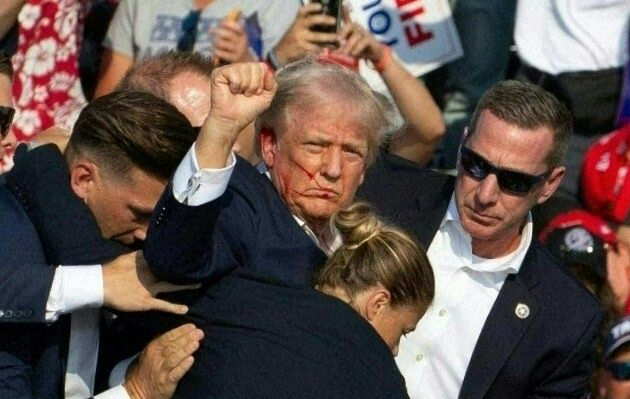

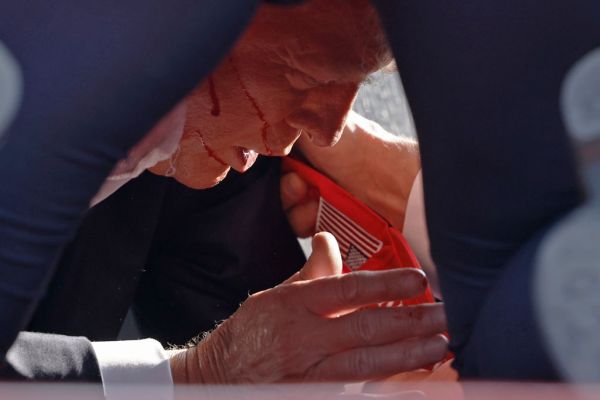
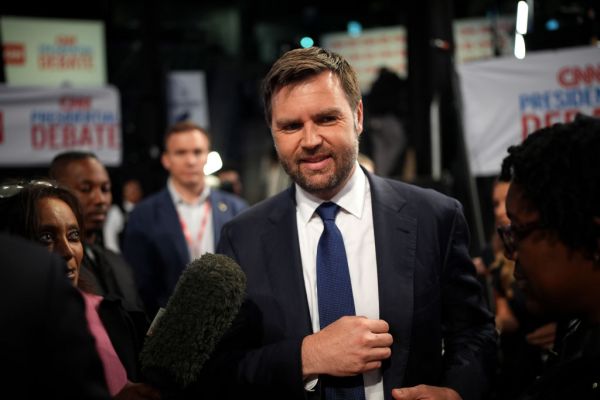
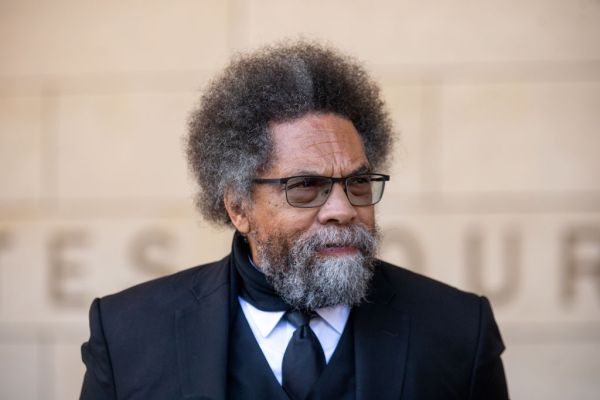

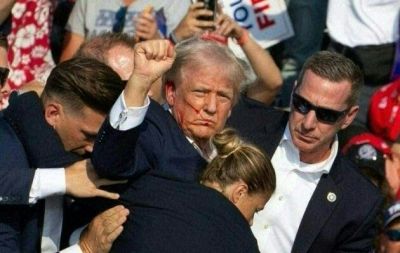
Please note that we at The Dispatch hold ourselves, our work, and our commenters to a higher standard than other places on the internet. We welcome comments that foster genuine debate or discussion—including comments critical of us or our work—but responses that include ad hominem attacks on fellow Dispatch members or are intended to stoke fear and anger may be moderated.
With your membership, you only have the ability to comment on The Morning Dispatch articles. Consider upgrading to join the conversation everywhere.